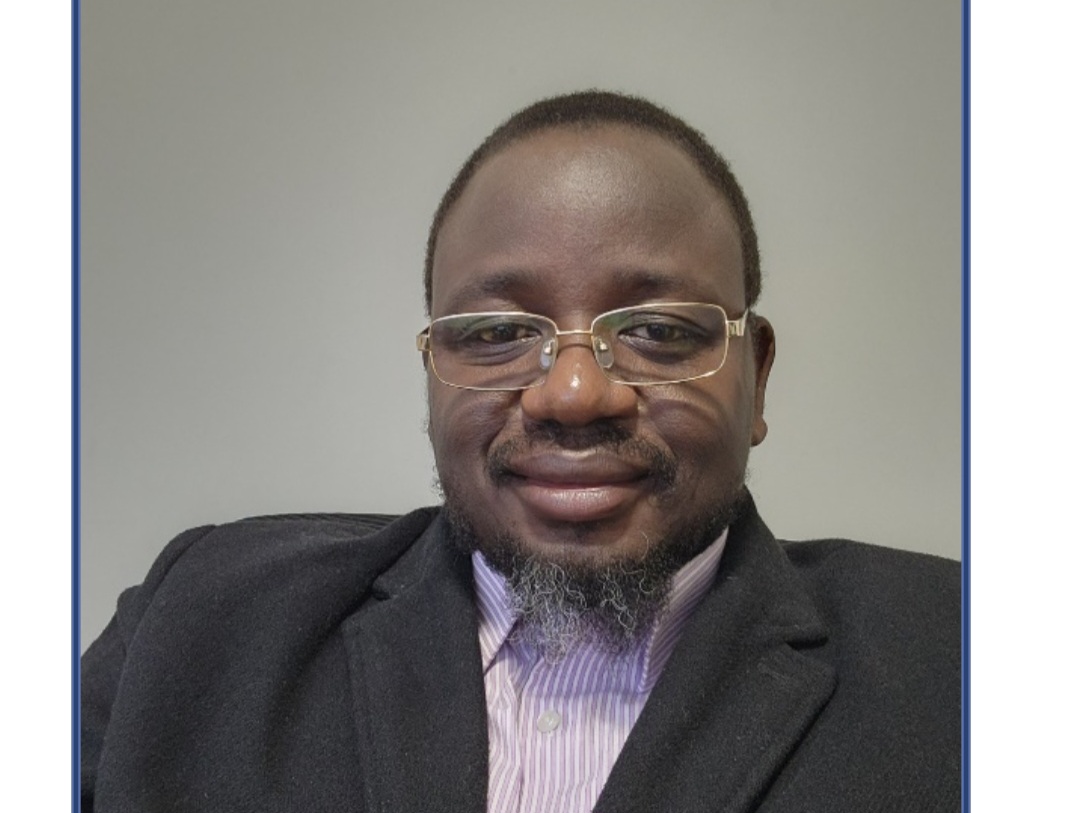By Andrew M. Mwenda
Last week, I said at a budget event that land grabbing is not necessarily bad. On the contrary, it may suggest pressure towards the transformation of our agriculture from subsistence to commercial farming. A journalist from The Observer wrote a story quoting my comments correctly but failed to provide the explanation behind my thinking.
In the tense atmosphere of self-righteous rage that dominates most political discourse in Uganda today, the land grabber has emerged as our new villain. In the popular imagination, he or she is a rich and powerful individual grabbing land from poor helpless victims. There are strong incentives for journalists, academics, politicians, activists, pundits, etc. to position themselves as champions of the poor masses against the rich and powerful. Their views are cheered by the hordes, making them feel that somehow they are the moral conscience of our society.
However, like all popular beliefs, this vision of a land grabber is only part of a much bigger story. The more troubling – and destructive – land grabbing is by poor people. They invade and occupy public land such as game and forest reserves and wetlands. This may lead to an environmental catastrophe. Some invade and forcibly squat on rich people’s land. Rich people go to courts and secure orders to evict them. However, because of the power of their vote, politicians – including President Yoweri Museveni, intervene to protect them by stopping the police from enforcing court orders.
Indeed Museveni formed a “land protection unit” at State House to protect peasants from land grabbers. He also formed the commission of inquiry on land chaired by the tough-talking Justice Catherine Bamugemereire to hit rich land grabbers on the head. But he has done little to protect public land – game and forest reserves and wetlands against encroachers, who are poor. The opposition cannot criticise the poor who grab private and public land because they are voters. Rule of law has given way to the rule of the mob.
From a humanitarian perspective, I feel deep sympathy for those whose land is grabbed – especially the poor. I also feel sympathy for the rich who are dispossessed by the poor colluding with our populist state. However, from a transformational perspective, the rich land grabber may not be the villain we think he/she is. The history of the transformation of England – and its offshoots in North America (the USA and Canada) and in Oceania (Australia and New Zealand) is instructive.
In England, the industrial revolution was occasioned by the enclosure movement. This was a large-scale confiscation of common lands (lands meant for use by everyone) by powerful individuals. Wool had become profitable and the powerful wanted to rear sheep on a large scale. So they began enclosing huge tracts of land and denying access to ordinary peasants. These peasants were reunited to the land through the agency of capital – as agricultural labourers. Others moved to towns. Destitute, they were willing to accept substandard wages. This provided cheap labour to emerging factories thereby launching the industrial revolution.
In America, Australia, Canada and New Zealand, the story was worse. The extension of the commercial motive into agriculture was achieved at the price of genocide against native peasant populations whose lands were forcibly confiscated by white colonists. Even today, the native people of America in the USA and Canada are not citizens. They still live in native reserves. Therefore I do not find in the history of the transformation of the Anglo-Western world today’s vision of a benign, kiss-and-hug-everyone version that dominates development thinking.
Now nearly 70% of Ugandans depend on agriculture for a livelihood. No country in the world (or in history) that has/had so many of its people living off the land as peasants and achieved a per capita income of more than $1,000. So if Uganda is to become rich, we need to see a transition of most of our people from village tillage to urban industry and services. This means ending peasant agriculture. There may be benign means of achieving this. I am willing to hear them. But in most cases I have read, it has been through land grabbing or deliberate impoverishment of peasants to make agriculture unviable, forcing them into factories in towns. South Korea in the 1960s and 70s and China today confirm this.
Therefore in defending peasants’ rights on land, Museveni, his arch rival, Kizza Besigye, and all the kind people of Uganda are doing something humane but it is equally economically retrogressive. The primary motive for peasant agriculture is subsistence i.e. produce what to eat. The market is only secondary, for goods to supplement their survival. Peasants are inherently risk averse. Their ecology makes them prefer low but stable yields to high but risky undertakings. Therefore we can transform them into risk-taking entrepreneurs. Joseph Schumpeter estimated that innovative entrepreneurs form only 4% of the population, another 16% are imitators. The rest (80%) are ordinary masses who are better off working for someone else.
The poorest country in the world is South Sudan. It has a per capita income (PCY) of $228. Over 95% of its population are self-employed peasants owning land and producing their own food or working in the informal sector as vendors, hawkers, petty traders etc. Uganda has a PCY of $700 and this number is 78%. In lower middle income Vietnam with a PCY of $2,170 it is 65%. Turkey, an upper middle income country with a PCY of $11,000 the self-employed are only 21%. In USA with a PCY of $60,000, the 7th highest on earth, only 10% of the people are self-employed.
The lesson is simple but fundamental: the road to poverty is paved with self-employed peasants owning land and living off agriculture in rural areas. The road to prosperity is paved with peasants moving off the land to urban centres to work for someone else – in homes, factories, etc. Uganda illustrates this further. Only 5.9% of the people living in Kampala city, and only 7.5% of those living in the surrounding Wakiso district live below the poverty line. Elsewhere in Uganda the numbers are above 20%.
Therefore, it is possible to speculate that if peasants are thrown off the land, they could form a destitute under class. But this also means that they would be willing to accept substandard wages, a factor necessary to stimulate manufacturing. For many people, this sounds like a doctrine of the devil. Even I feel so when writing it. But the difference between me and many others is that I am willing to set aside my feelings for intellectual discourse. The road to capitalist development is filled with unfairness.
Museveni talks about markets as large populations. This explains his mistaken obsession with the East African federation. Large markets are NOT formed by people per se but by consumers. For producers, consumers are not the size but the purchasing power of a population. That is what constitutes a market. Peasants cannot form a large market because they produce and consume most of what they need. It is when they are separated from the land that they form a market – because then, they are left with only one thing – their labour power, which they sell for a wage. Then they have to buy food and pay rent etc. to survive i.e. they become a market.
I am not prescribing that we let land grabbers loose on the poor. It is possible that such action, even if promising in the long term, can cause political contestations that lead to civil war and state collapse. I am aware that what may have worked for England in the 18th century may not work for Uganda in the 21st. However, we should know that kindness and altruism have never transformed nations; historically, greed and selfishness of the capitalist have. Those waiting for a benign process of transformation may wait forever.
It is important to distinguish the subjective motivations of land grabbers (personal greed) from the objective outcome of their actions. Their interest in acquiring large tracts of land suggests they may be an incipient agricultural bourgeoisie seeking to introduce the commercial motive into agrarian structures. If this suspicion has any truths to it, then stopping their land grabbing may be good politics and humane but it is bad economics. It may be the factor blocking the prosperity we clamour for.
Do you have a story in your community or an opinion to share with us: Email us at Submit an Article






